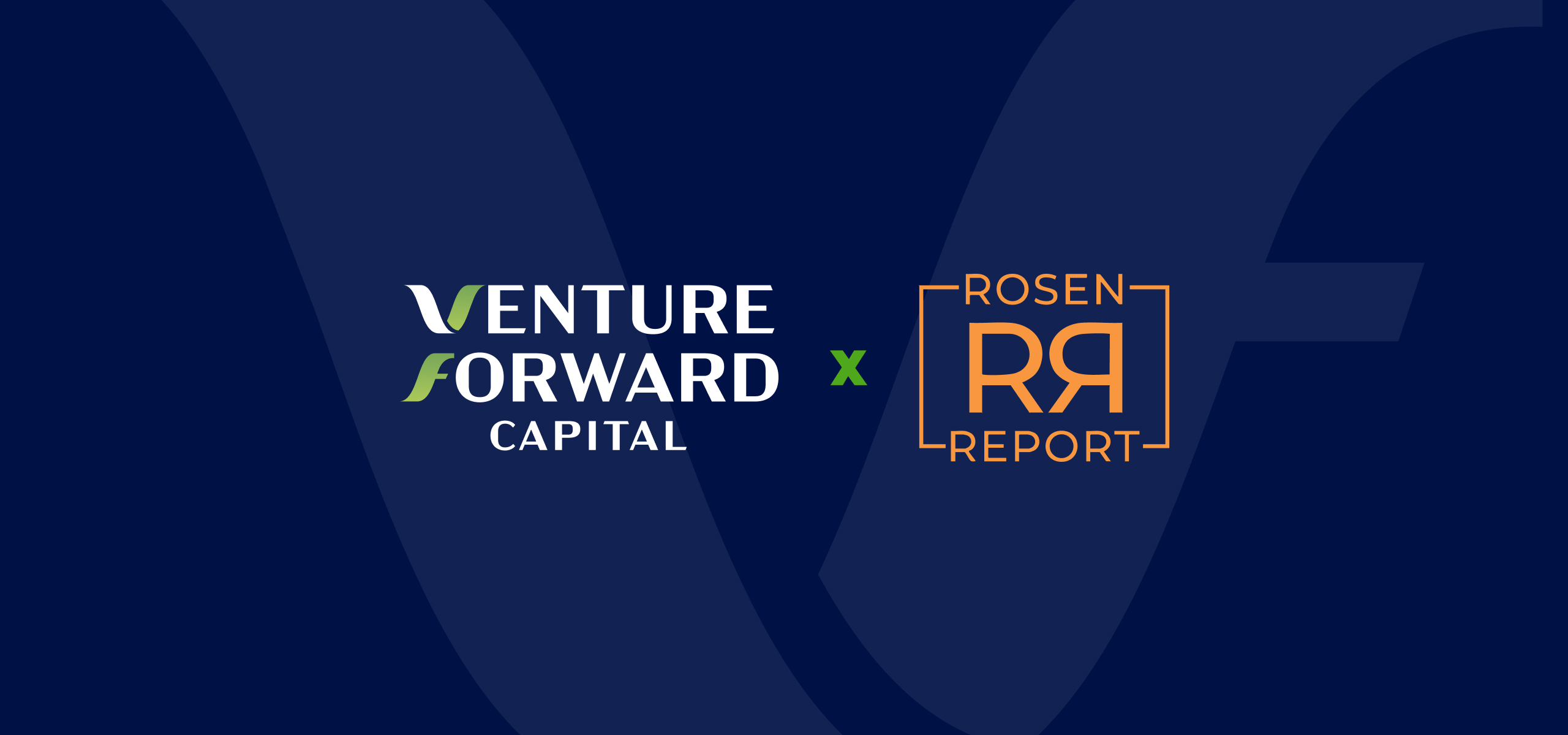In this Q2 economic briefing, Eric Rosen breaks down what’s happening beneath the surface.
From federal debt and interest costs to AI’s impact on the workforce, Rosen provides a detailed look at the forces shaping the economy—and how they’re likely to play out in the second half of the year.
Whether you’re investing, operating, or planning ahead, this is a data-driven look at what to watch.
Inside the Update:
- Why the U.S. is spending nearly 20% of its budget on interest—and what’s coming as $9T in debt rolls over
- How AI is accelerating workforce displacement and compressing labor costs across industries
- The decline in the dollar and what it signals about global sentiment toward U.S. debt
- Signs of stress in the consumer economy—from credit card and auto loan defaults to student loan delinquencies
- The return of IPO activity and what that could mean for venture-backed liquidity in the back half of 2025
“We’re heading toward a world where it takes half a person to generate a million in revenue.”
– Eric Rosen, Economic Adviser
Watch the Webinar
Read the Transcript
Eric Rosen
So the following countries have raised retirement age Italy, Spain, Germany, UK, France, China, Australia, Japan have all raised retirement age. Guess who hasn't raised retirement age? United States we're still at 65. When Social Security started in 1935, the average life span was 60.7 years. Today, it's basically 80 and we still haven't raised retirement age. And so the single biggest thing we need to do as a country is raise your retirement age.
Eric Rosen
Okay. Next one, you know, I wish I could update to this for second quarter. I couldn't find it updated. But, you know, just to my comments about some practice. So let's talk about the big one student loan. So there was a moratorium on student loans for like three years under the Biden administration due to Covid. And then in October of last year, the moratorium ended.
Eric Rosen
And then you could see this huge spike in the kind of fourth quarter, you know, of of 2024, the, you know, late 2024 and early 2025 with like 15% of those having student loans delinquent, and they've just started to start having paid in the last 6 to 8 months. And the other thing is you're starting to see credit card debt.
Eric Rosen
We're at all time high credit card debt. Interest rates are 22, 23% on average for credit cards. We're seeing an uptick. There. I believe these trends will have continued largely in the second quarter, but I don't have the data yet to prove it. And then, you know, mortgages are up ticking a little bit, but not not not nothing.
Eric Rosen
No. Nothing major. And auto loan drop taking a little bit now. Just got interestingly like 18% of auto loans today are new autos are $1,000 or more monthly payment. And you're seeing a huge uptick in 84 month, loan terms for auto. And you know how what happens to appreciation so people can't afford it. They're getting squeezed because of housing prices are getting squeezed because of inflation.
Eric Rosen
And they're getting squeezed. And they're, they're, they're they're doing things that don't make economic sense. I don't buy cars unless I pay for them in cash. I don't I think it's very dangerous taking a four month loan on a car that's going to depreciate, far faster than that. And a lot of people turning in cars have to make a cut a check when they go to sell them, because they owe more on the loan than the car is worth.
Eric Rosen
So that's dangerous. But these are just things I continue to look out for as new data becomes available. Okay, next one. You know, these are coming to the near the end of my comments, but, you know, the last time we talked about a pretty big slowdown in IPO and M&A activity. And, on Sunday I had dinner with a very large bank chief, head of M&A.
Eric Rosen
He's the CEO of M&A for a big bank. And I and he and I said how busy? He said er the last six weeks are on fire. So things started the year off strong. Then the then the Liberation Day tariff scared everybody off. How do you, how do you do an inter a deal across country. How do you know how your impact is going to be impacted for, for tariffs.
Eric Rosen
And so deal flow totally stopped in April and May. And now June and July are very, very, very, very busy. And you know, and so IPO proceeds are up are down 6% year over year. But IPOs are up 52%. We've seen some good performing IPOs recently. And so I think you know, getting rid of of con at the FCC and I think reducing regulation, I think you are going to see a very robust second half in IPOs and M&A, which is very good for venture and private equity because as, as, as Mike can articulate, far better than I, distributions are down pretty dramatically for venture and private equity.
Eric Rosen
I know having invested in some of these funds that I never seem to get checks anymore, for the reason that we outlined. I mean, you look at what IPO proceeds crashed, you know, between 21 and 22. Look at that chart. And the same thing happened in M&A. It was down dramatically, down about 50% from 2021 levels.



